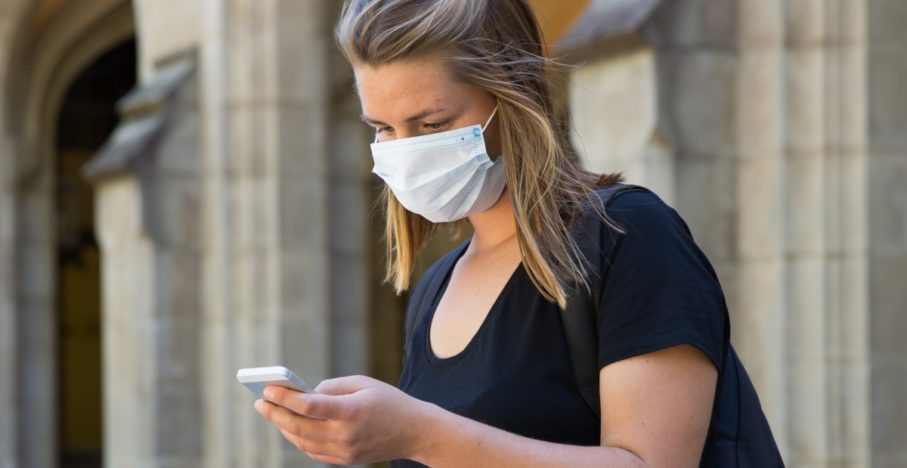Testing for and Tracing COVID-19 at Colleges and Universities

Testing for and Tracing COVID-19 at Colleges and Universities
Contact tracing is a process used to monitor the spread of pandemics by tracking an infected person’s activities and testing the people they’ve been in contact with. It’s not a new idea, but it’s never been done to the frequency and extent we’ve seen with COVID-19. It’s also never played such a significant role in the reopening of businesses and academic institutions. As colleges and universities reopen their campuses, they’re relying on contact tracing, as well as testing for the virus, to ensure that campus populations stay infection-free.
The prevalence of testing and contact tracing is raising some questions, however. Is the public health benefit worth the loss of privacy? And what if it’s abused to police students and employees, even when they’re not on campus? While we may not be prepared to answer those questions now, Andrew T. Miltenberg, Esq., an attorney who specializes in student rights, believes that they’ll have to be addressed eventually. “I think this is something most people will insist upon if they are going to remain on campus,” he says.
It’s only a matter of time until colleges and universities unveil their testing and tracing policies for COVID-19. Until then, Miltenberg offers a few insights into contact tracing and its role in public health and privacy.
Public Health and Privacy Rights
Despite its efficacy, there are concerns about schools policing students, faculty, and staff while they’re off-campus through frequent testing and contract tracing. Many of these individuals and their families are uncomfortable with the idea of colleges and universities taking too much interest in what they do and who they talk to while they’re at home.
However, Miltenberg argues that it’s a necessary measure regardless of the implications. “It’s a pain in the neck and we all grumble,” he says, “yet unfortunately it’s necessary. It makes everybody feel better and probably does have a deterrent effect.”
While one’s home activities may not be the college’s responsibility, they still have an impact on the college’s safety and reputation. For instance, a student who gets infected at home will put everyone in their fraternity or sorority, sports team, dorm, classroom, or library at risk.
Contact tracing also has potential as a deterrent. Its use may encourage students and employees to be more careful while away from campus, knowing that their choices will be discovered if they return sick.
All in all, students, employees, and their families may be more comfortable with new policies if the institution can prove that testing and contact tracing are being used effectively. How does the college’s or university’s plan compare to best practices? Is it working correctly, or is it raising privacy concerns? And are there any special provisions for high-risk students and employees, like people with asthma?
Can Colleges Legally Do Both?
Though testing and contact tracing may be necessary measures, the concerns about privacy still stand. However, it may be possible for colleges to protect their student populations without violating student or employee rights. “I think they can do both,” says Miltenberg. “Ultimately, privacy should win out, but not to an extent that endangers other people.”
Miltenberg suggests that colleges can comply with HIPAA privacy regulations while still monitoring the student population for health issues. Regular testing shouldn’t be a violation, and people who test positive can be quarantined without becoming a public spectacle. Meanwhile, intensive contract tracing may be reserved only for positive cases to protect the freedom and privacy of the student body.
Unfortunately, while it may be possible to preserve privacy while also protecting student health, there is always the chance of unfair policies and abuse of safety measures. If you believe your college’s or university’s COVID-19 practices are violations of your rights, a lawyer with experience and integrity can help you protect them. To learn more, contact Andrew T. Miltenberg, Esq. of Nesenoff & Miltenberg LLP.




